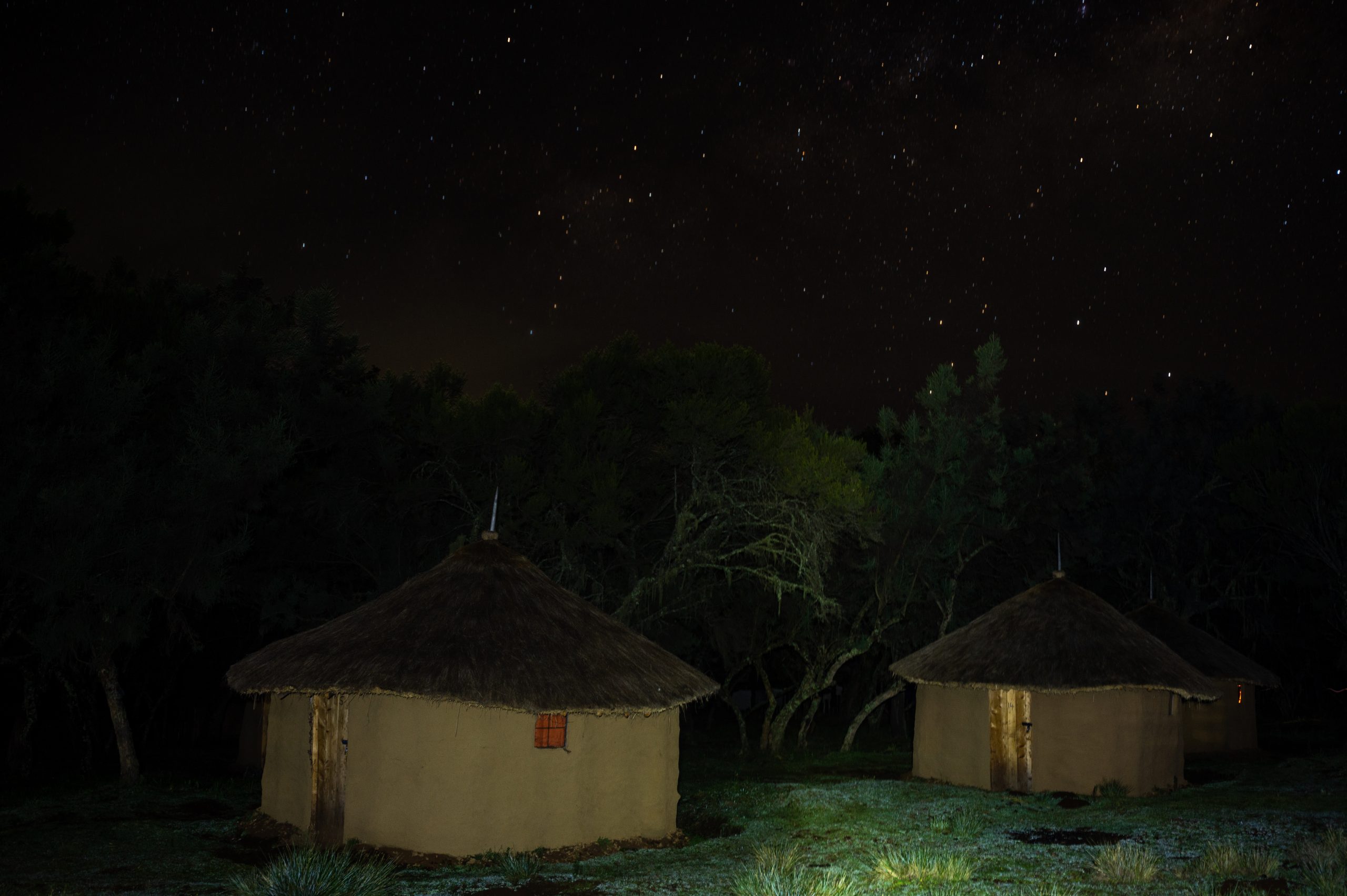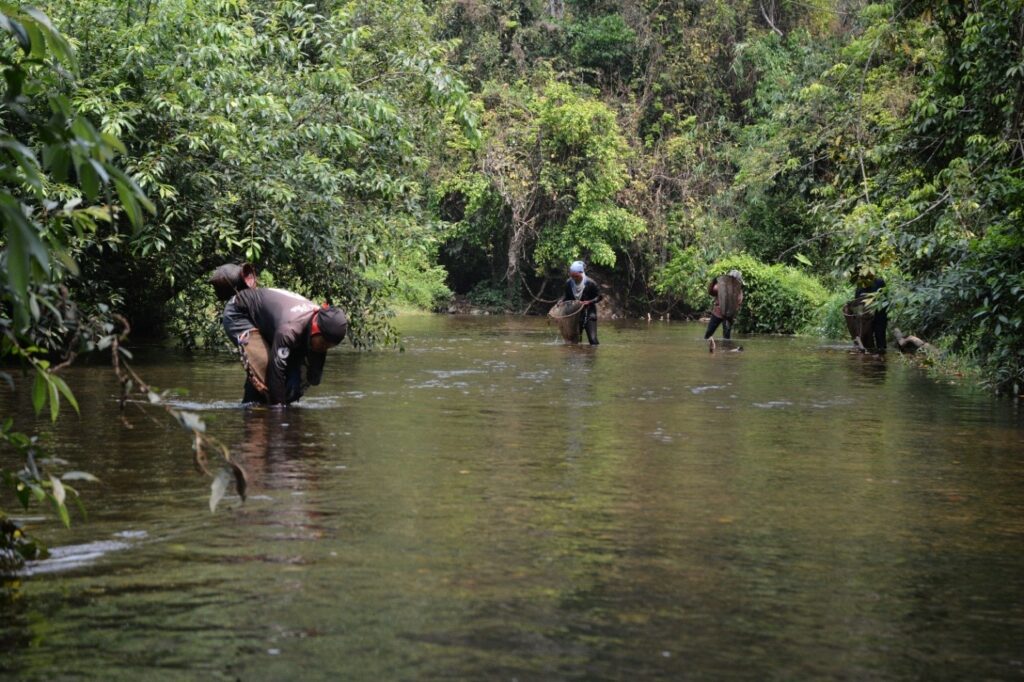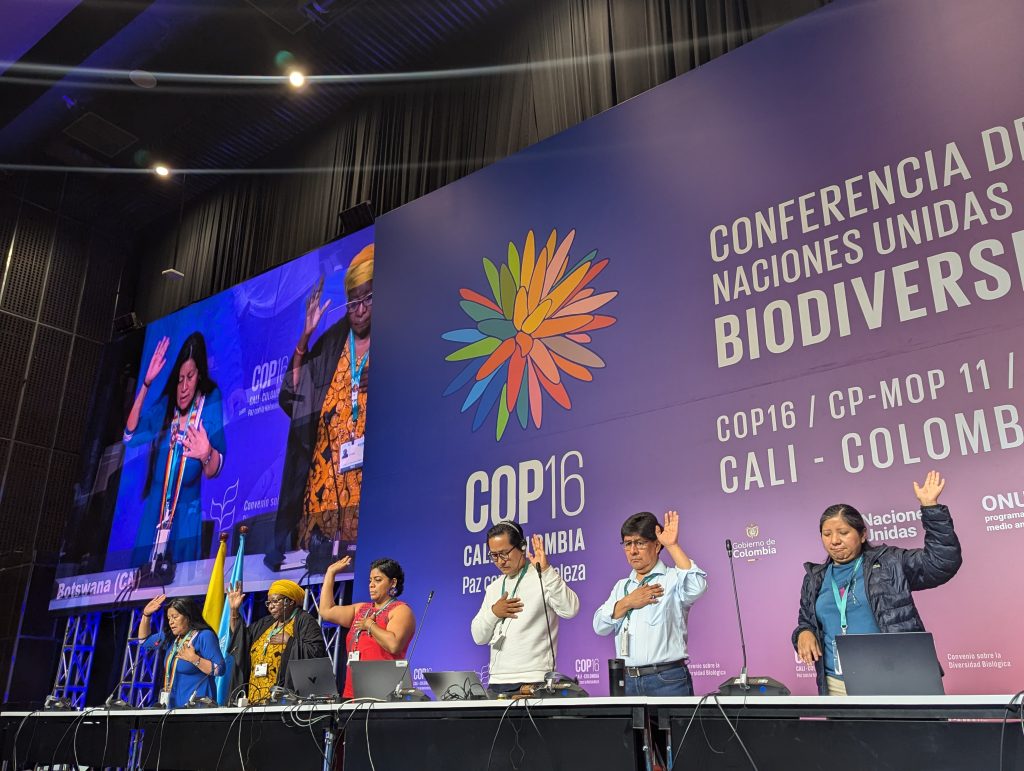The Interdisciplinary Centre for Conservation Science (ICCS) is an academic research group based in the Department of Biology, University of Oxford working to address the challenges that humanity faces in halting the decline of global biodiversity.
Through research projects across the world, the Centre and its fellows work at the interface of social and ecological systems, using a range of methodologies and interdisciplinary approaches to address key issues in current conservation.
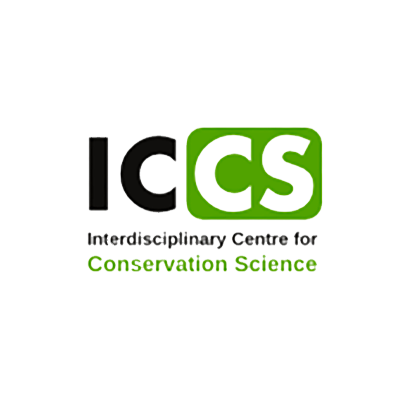
Website: iccs.org.uk
Twitter: @ICCS_updates
Facebook: @Interdisciplinary Centre for Conservation Science
Dashed line
Areas of work proposed in the Pathways project
ICCS provides on-the-ground support in planning, implementing and monitoring conservation strategies, and supports communities in developing appropriate local biodiversity indicators. Working directly with local and national partners, they also support the reporting of outcomes, and work with conservation actors to highlight the potential of community-led conservation initiatives.
During the project ICCS aims to:
- Co-develop and pilot a suite of new biodiversity monitoring methodologies and approaches with project partners and communities. These approaches will range from high to low tech, depending on the needs and wants of partners, and will build on local and traditional knowledge systems and on the technical expertise of FPP and in-country partner organisations. These methodologies will be particularly valuable for partners who wish to record evidence of biodiversity outcomes in a ‘technical’ format for external audiences. We will also provide ongoing support to project partners and communities to feed their monitoring data into national frameworks and management plans.
- Support Indigenous Peoples and local communities who wish to harness the new approaches and methodologies in order to enhance their customary systems of conservation and natural resource management. This is likely to be especially valuable for communities who are facing periods of rapid social and environmental change or specific environmental management challenges that they need to address.
- Disseminate the new methodologies within the conservation sector and raise awareness of good practice in engagement with indigenous peoples and local communities. This will include publication of a series of technical guidance materials, as well as of broader norms and guidance, to be co-developed with partners.
- Work to open spaces for Indigenous Peoples and local communities to share their experiences and knowledge with conservation actors at a global level, including through contributions to strategic publications and to global and regional conferences and other events.
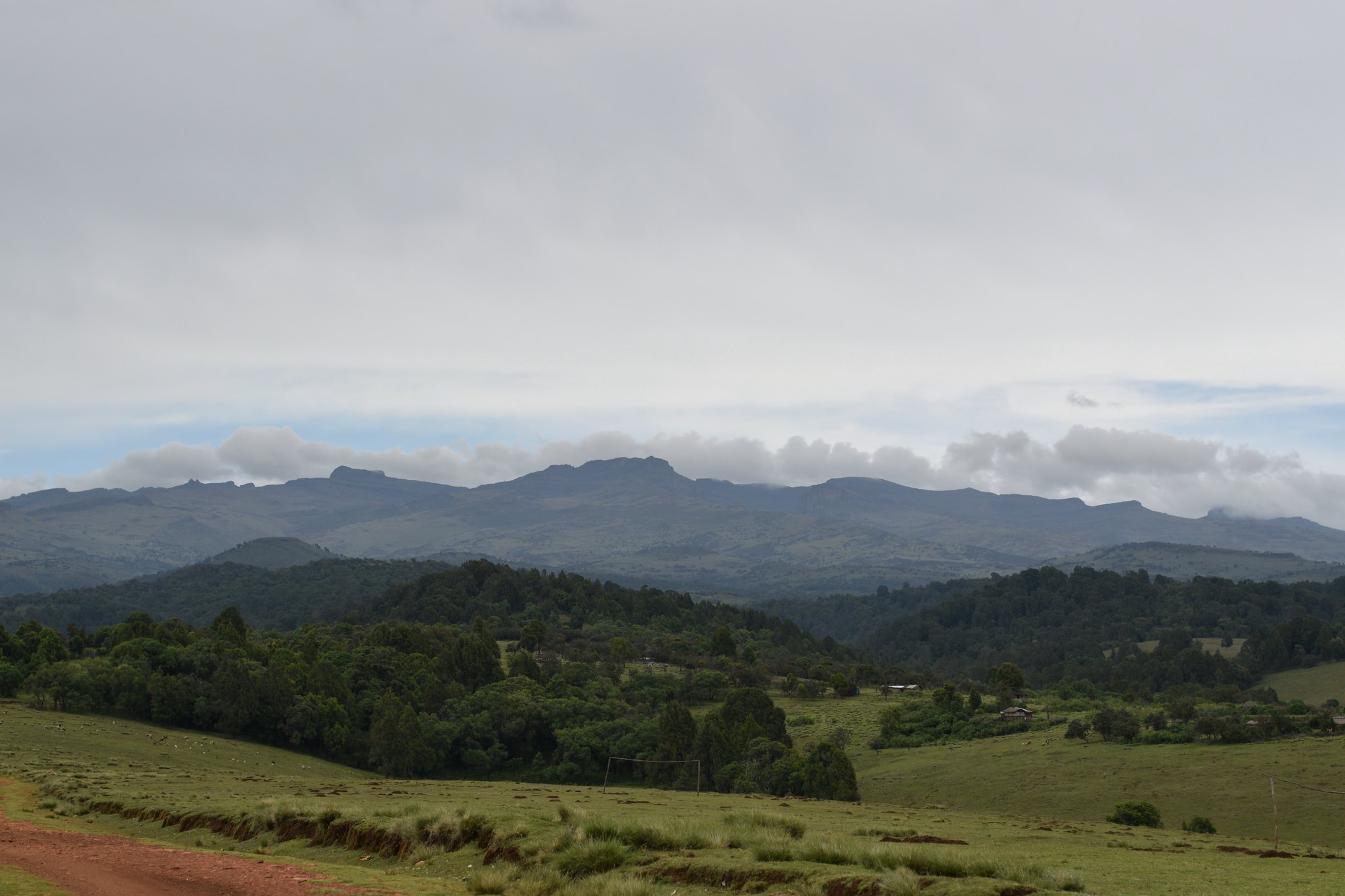
A view of Mount Elgon, Kenya. Photo by Stephanie Brittain / University of Oxford’s Interdisciplinary Centre for Conservation Science (ICCS)
